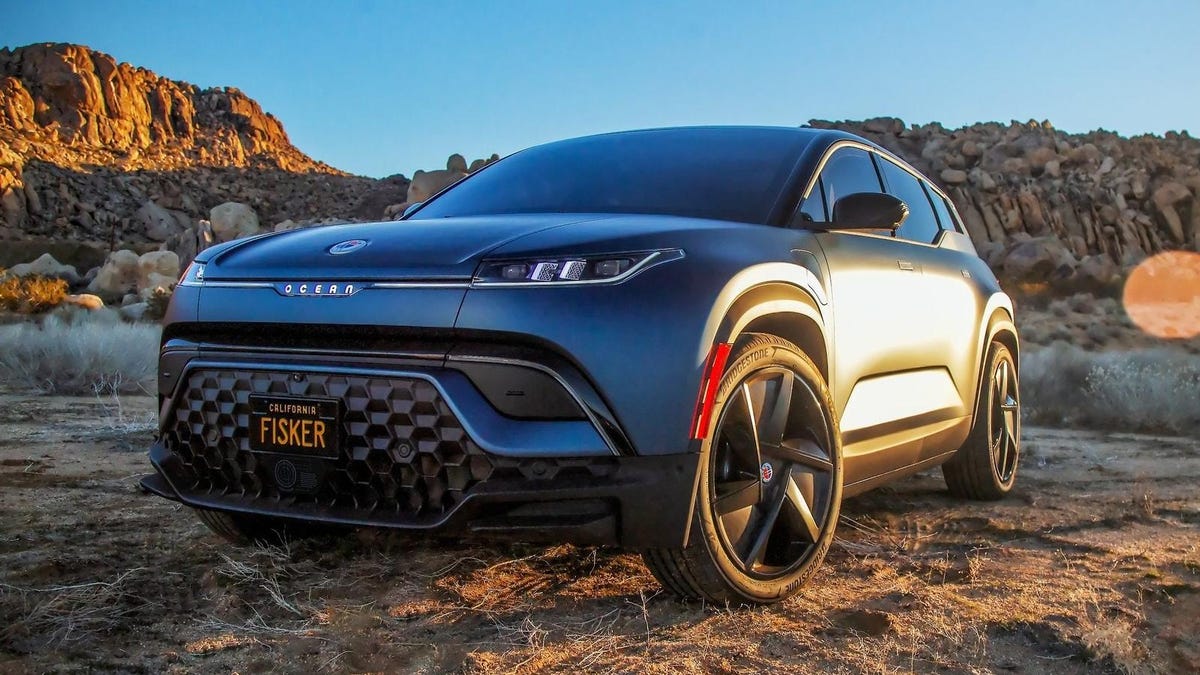Understanding Car Depreciation: A Case Study on the Fisker Ocean
When purchasing a new vehicle, one must be aware of the inevitable depreciation that comes with ownership. While some may argue against buying new cars due to rapid depreciation, the reality is not as drastic as it is often portrayed. Edmunds recently conducted a test with a Fisker Ocean, shedding light on the true extent of depreciation in the current market.
The Fisker Ocean Test
In January, Edmunds acquired a 2023 Fisker Ocean Extreme for $69,012, fully equipped with all available features except for the promised over-the-air updates. After just two months of testing, Edmunds published an article advising against purchasing a new Fisker Ocean. The issues with Fisker’s solvency and the need for software improvements make investing in this vehicle a risky proposition.
During their evaluation, Edmunds took the Fisker Ocean to a local CarMax for an appraisal. To their surprise, the appraisal valued the two-month-old vehicle with only 4,220 miles at $21,000. This equated to a staggering 69% depreciation in a short span of time, far exceeding industry norms. The rapid loss in value raises concerns about the sustainability and desirability of the Fisker Ocean in the current market.
Implications and Considerations
According to Edmunds’ analysis, the Fisker Ocean’s steep depreciation defies industry standards. Typically, a new vehicle depreciates by 20% in the first year and 15% annually thereafter. The Fisker Ocean’s 69% depreciation in just two months is equivalent to five years of typical vehicle depreciation, highlighting the significant financial risk associated with this model.
Given the uncertain future of Fisker and the persistent software issues, potential buyers are advised to exercise caution when considering a new Fisker Ocean purchase. The substantial depreciation observed in this case study underscores the importance of thorough research and evaluation before investing in a vehicle.
Conclusion
The rapid depreciation of the Fisker Ocean serves as a cautionary tale for consumers in the automotive market. While all vehicles experience depreciation to some degree, the extent to which the Fisker Ocean has depreciated raises concerns about its long-term value and viability. Prospective buyers should carefully weigh the risks and benefits associated with purchasing a new Fisker Ocean in light of these findings.
It is crucial to consider the impact of depreciation on the overall cost of ownership and factor in potential financial losses when making purchasing decisions. By staying informed and vigilant, consumers can make well-informed choices that align with their financial goals and priorities.
Image/Photo credit: source url





